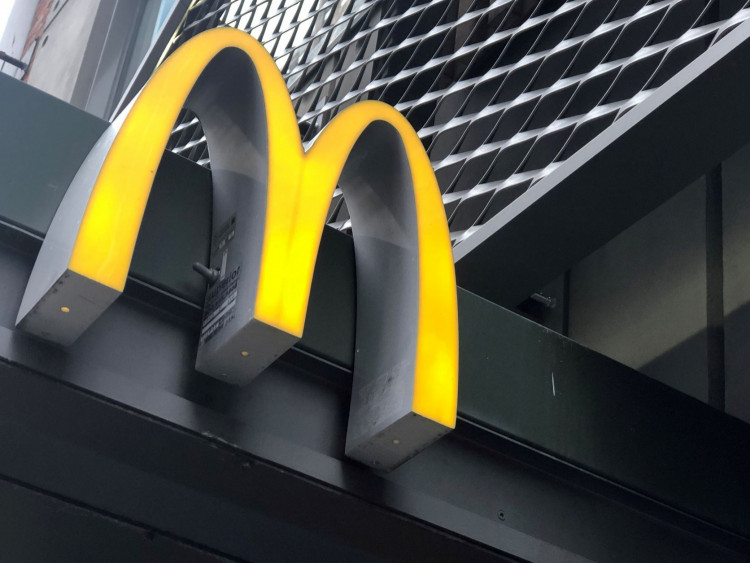Coca-Cola, McDonald's, PepsiCo, and Starbucks all halted sales Wednesday of their most well-known items in Russia, in a united condemnation of the attack on Ukraine waged by corporations that define America for much of the globe.
Pepsi and McDonald's were business trailblazers whose cooperation with the Soviet Union and the post-Soviet Russian state decades ago was regarded as beneficial to international relations.
All four companies have significant business presence in Russia.
McDonald's stated it will continue to pay salaries to its 62,000 Russian employees despite closing 847 outlets. As the Soviet Union crumbled, the first location to open in Russia, in central Moscow's Pushkin Square in 1990, became a symbol of blossoming American capitalism.
Hundreds of Starbucks locations are being shuttered for the time being. PepsiCo will halt all advertising and sales of its beverage brands in Russia, but will continue to offer basics such as milk and baby food. Coca-Cola Company, a competitor, has announced that it will stop doing business in the country.
Despite the United States boycotting the event in protest of the Soviet invasion of Afghanistan, Coca-Cola was the official drink of the 1980 Olympic Games in Moscow.
Hundreds of other corporations have spoken out against Russia, including Amazon, which announced on Tuesday that it will no longer accept new clients for its cloud services in Russia and Ukraine.
Universal Music has ceased all activities in Russia, while Bumble, an online dating site, will remove its apps from Russian and Belarusian app stores.
Shell had previously ceased importing oil from Russia and announced that it would terminate all ties with the country, while the U.S. ramped up its drive to punish Moscow by blocking Russian oil and energy imports.
Moscow has described the invasion of Ukraine as a "special military operation" intended at damaging the latter's military capabilities rather than conquering territory.
The West's efforts to economically isolate Russia for invading its neighbor have wreaked havoc on global commodities and energy markets, sending prices rising and jeopardizing the recovery from the COVID-19 pandemic.
Britain, too, indicated it will prohibit Russian oil imports, but only until 2022, to provide firms time to discover new sources of supply.
The London Metal Exchange (LME) halted nickel trading on Tuesday after the metal's price doubled to more than $100,000 per ton. Nickel is a critical component in electric vehicle batteries.
Shell's decision to leave Russia comes only days after it was slammed for buying Russian oil.






